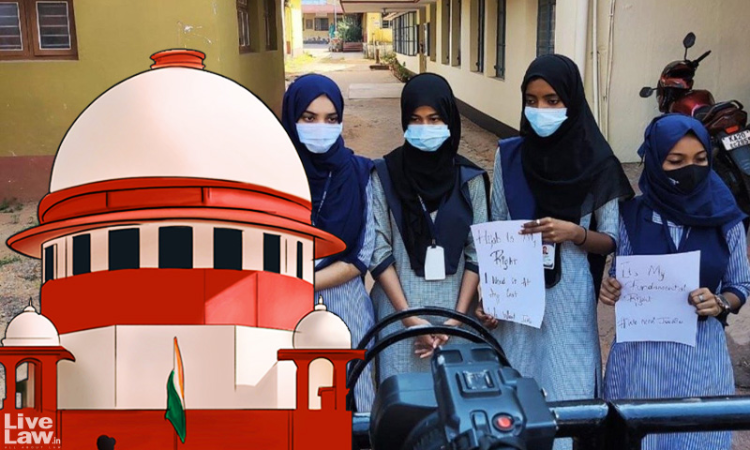Supreme Court on Wednesday said that it will list after the Holi vacations, the petitions challenging the Karnataka High Court Judgment which held that Hijab is not an essential religious practice of Islam and upheld the ban on wearing headscarves in schools and colleges.Senior Advocate Sanjay Hegde mentioned the matter today, stating that there is urgency since the exams are upcoming and...

